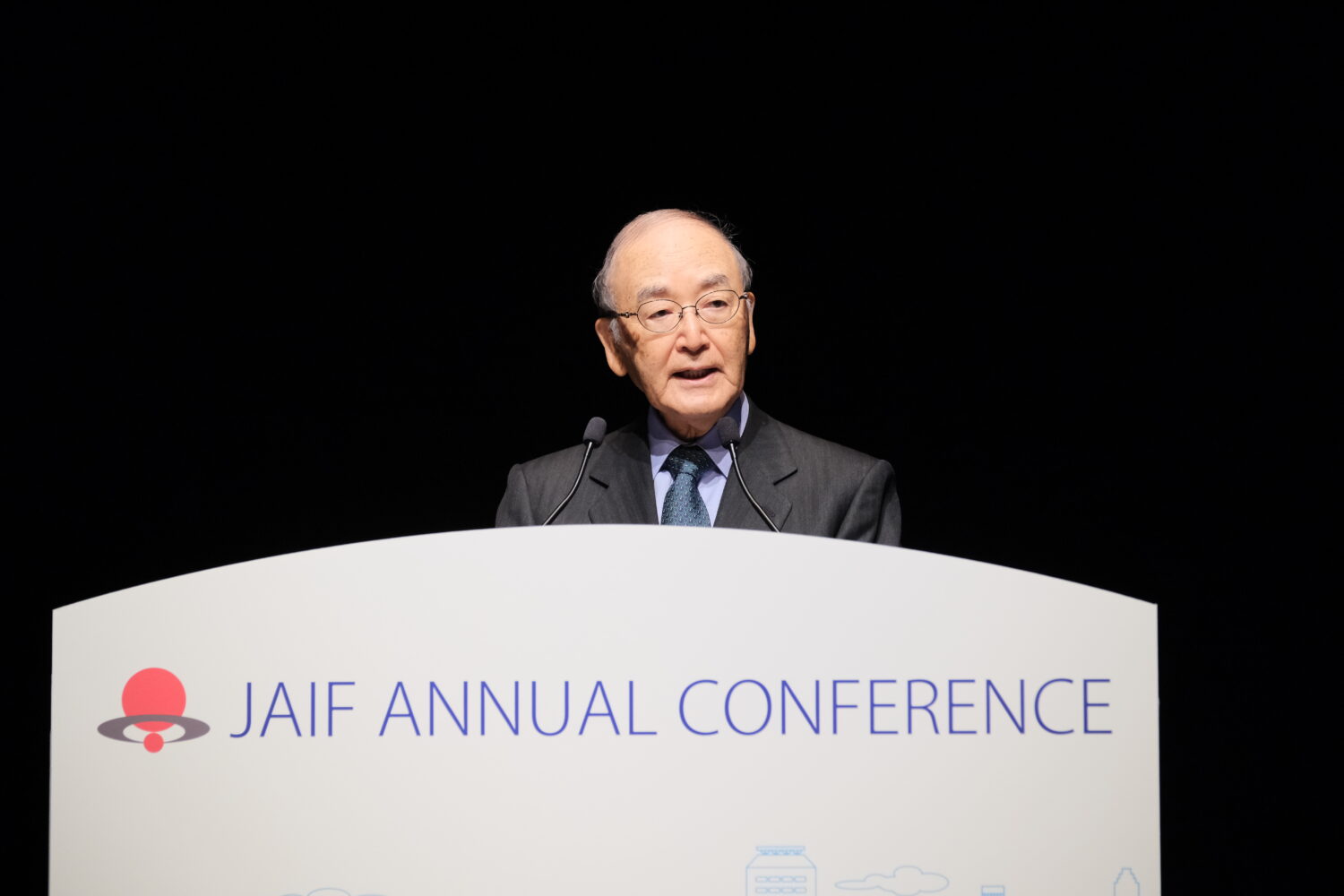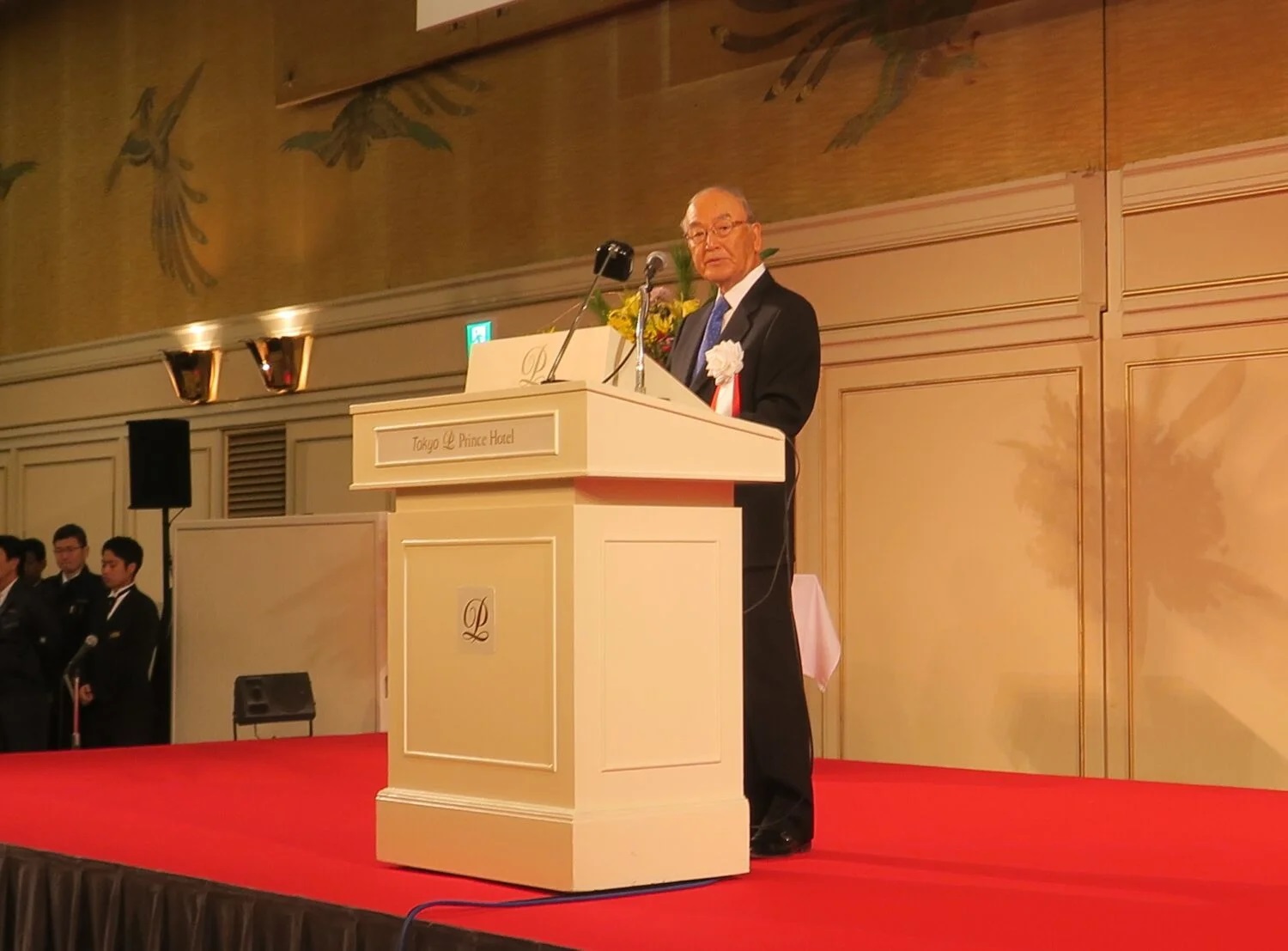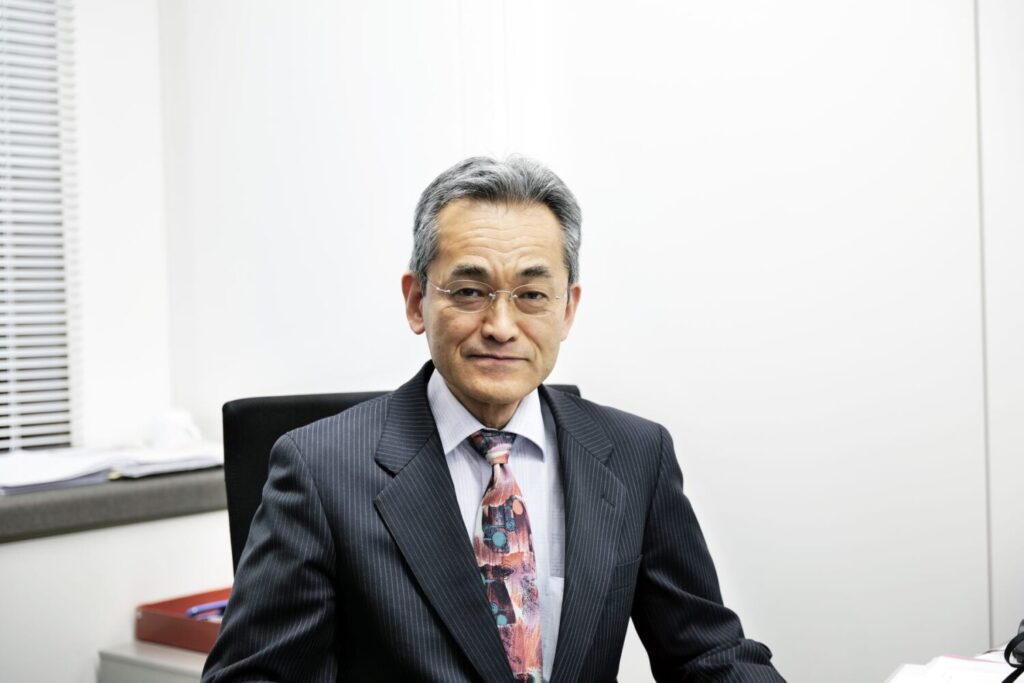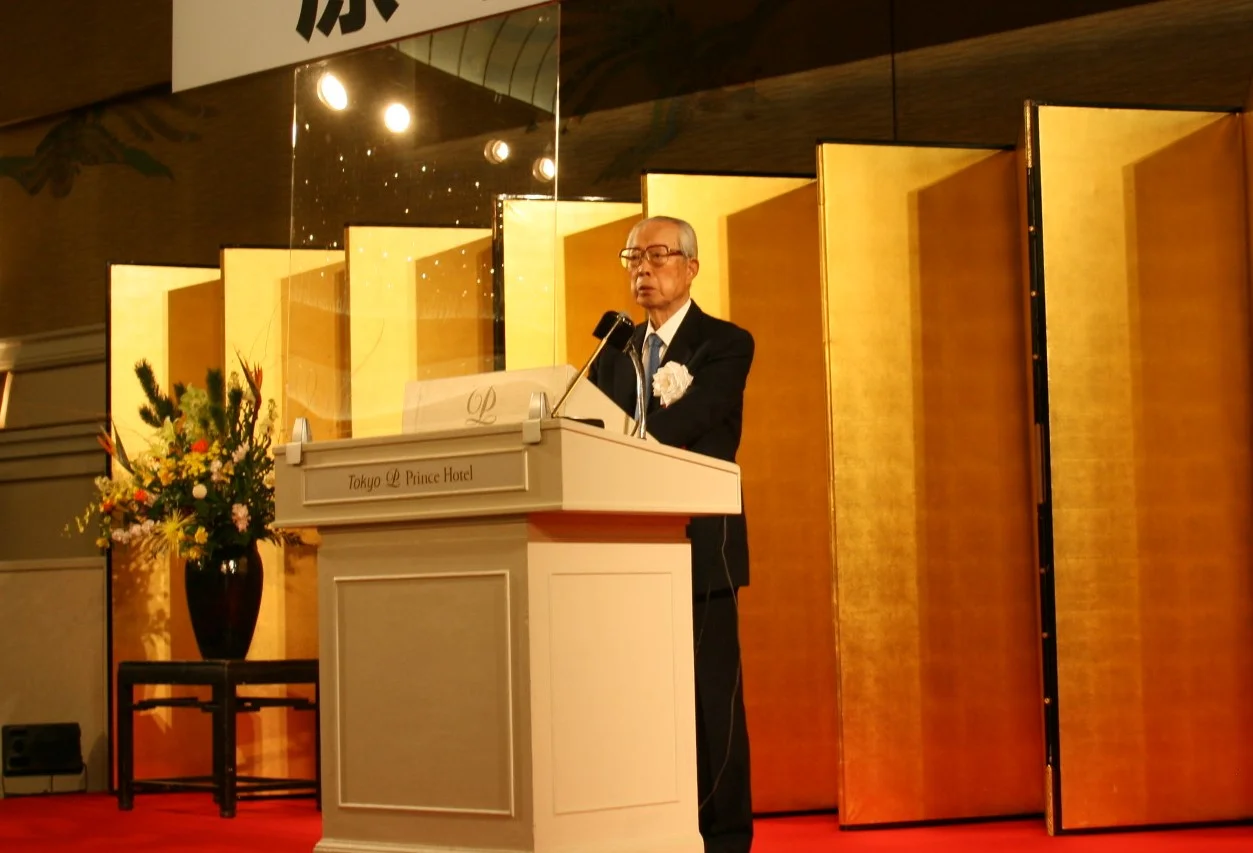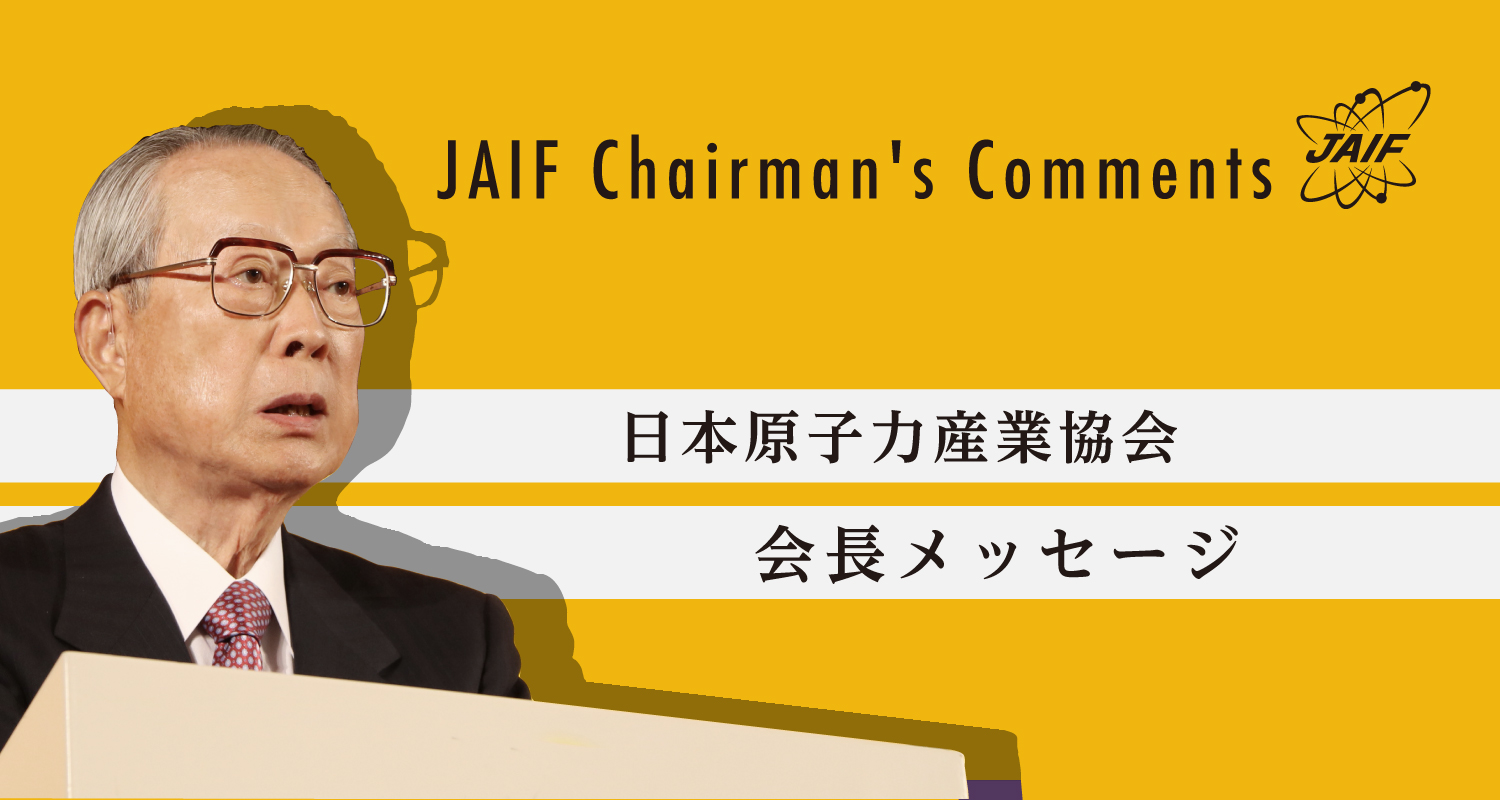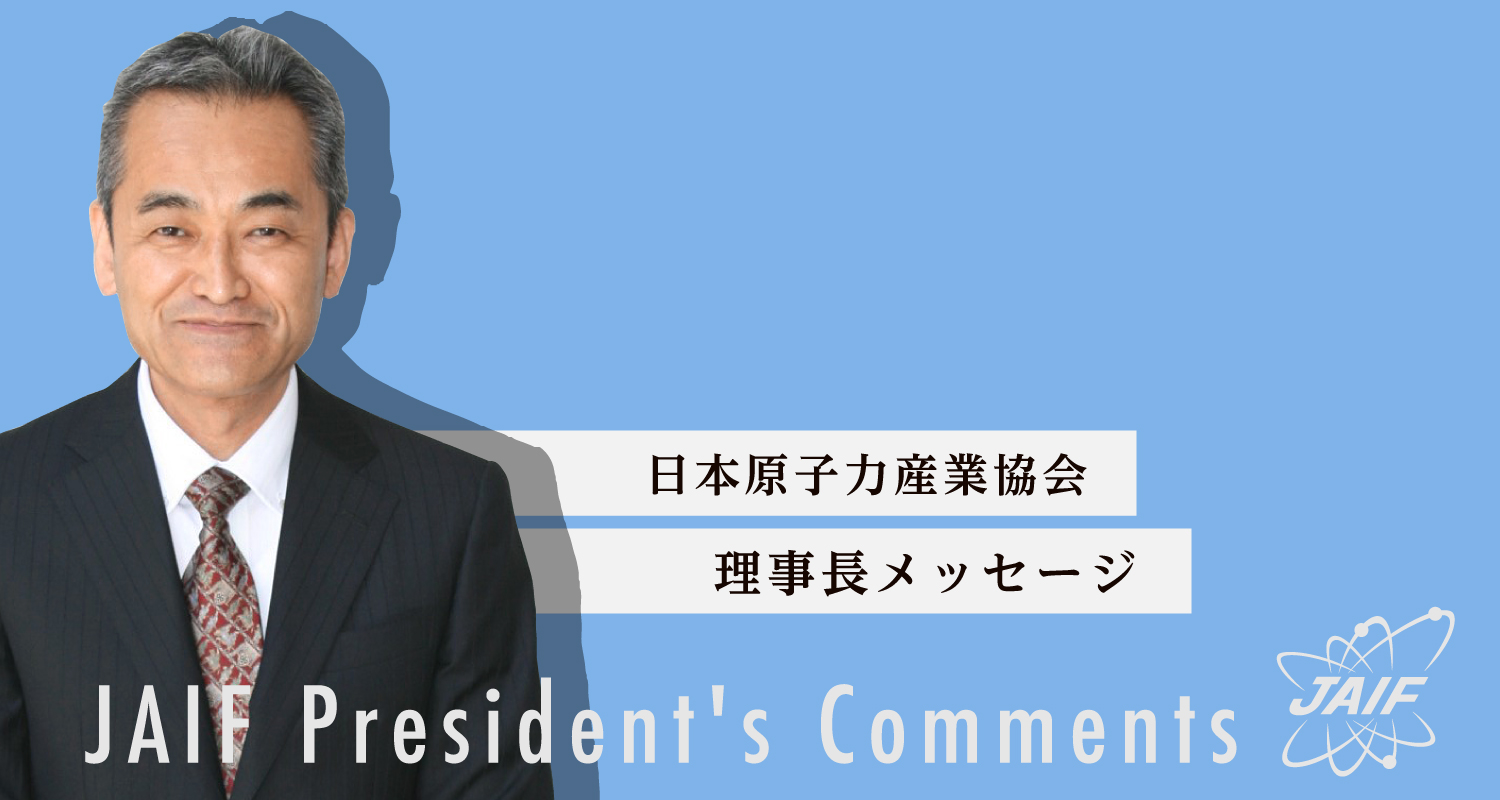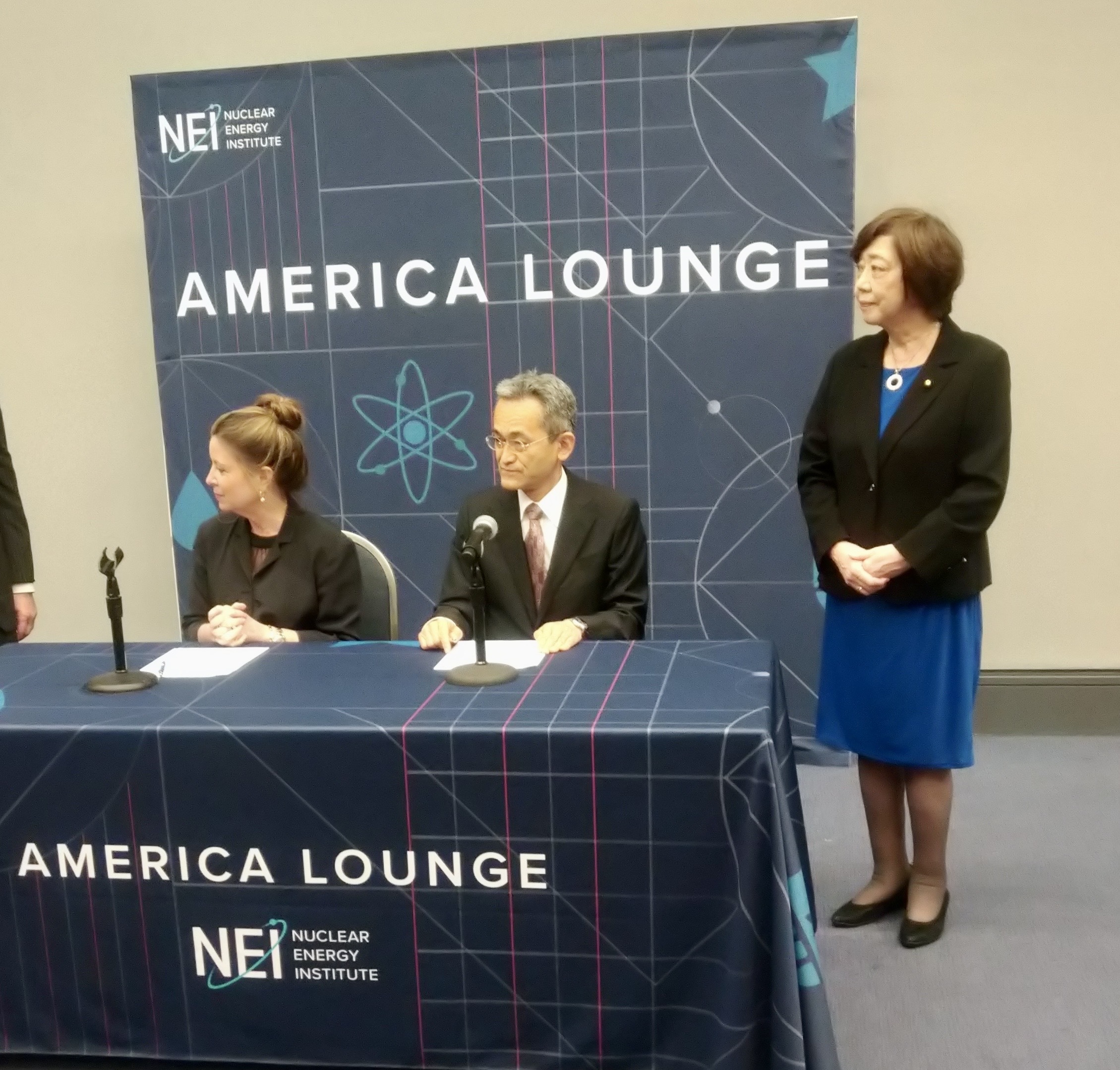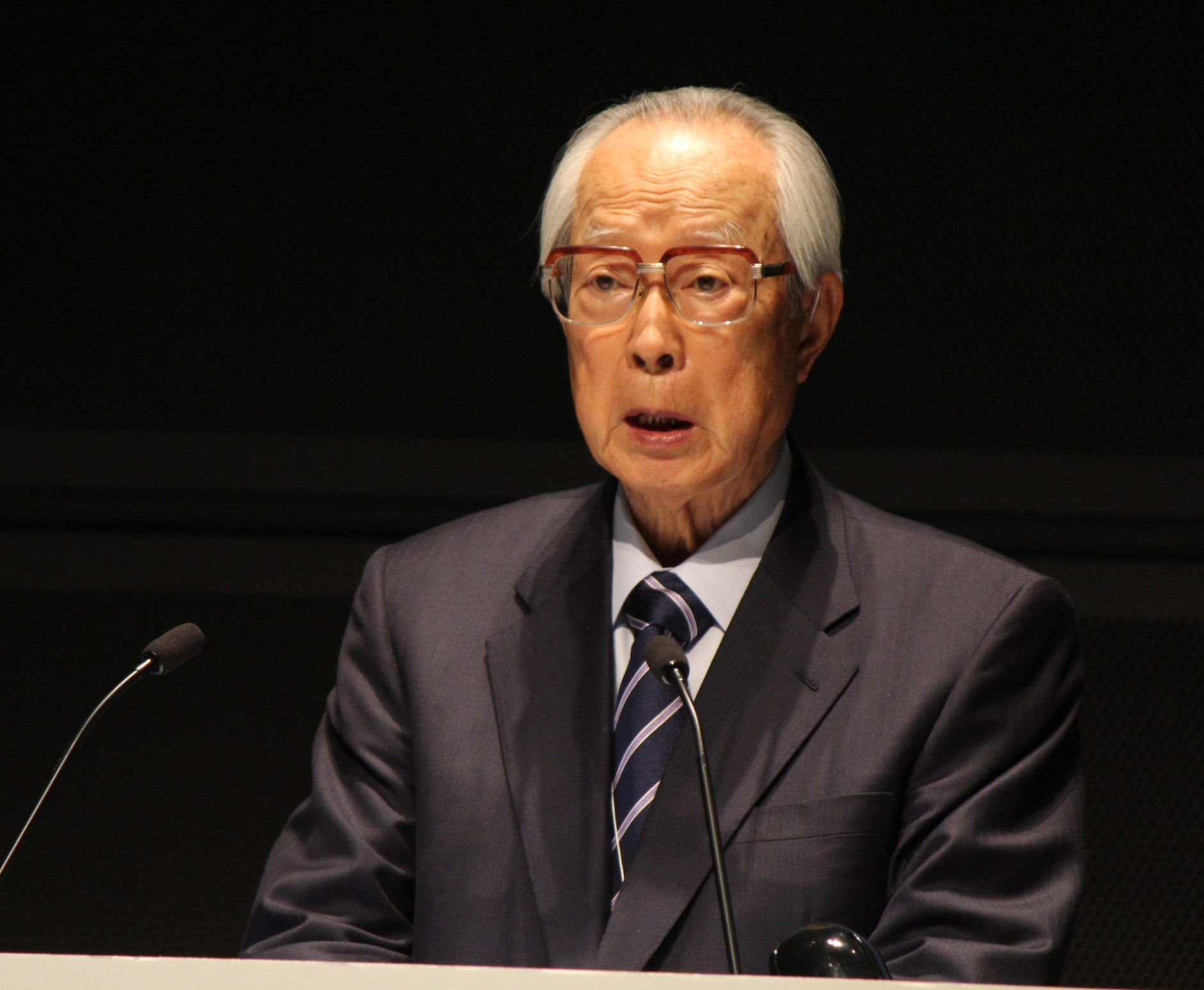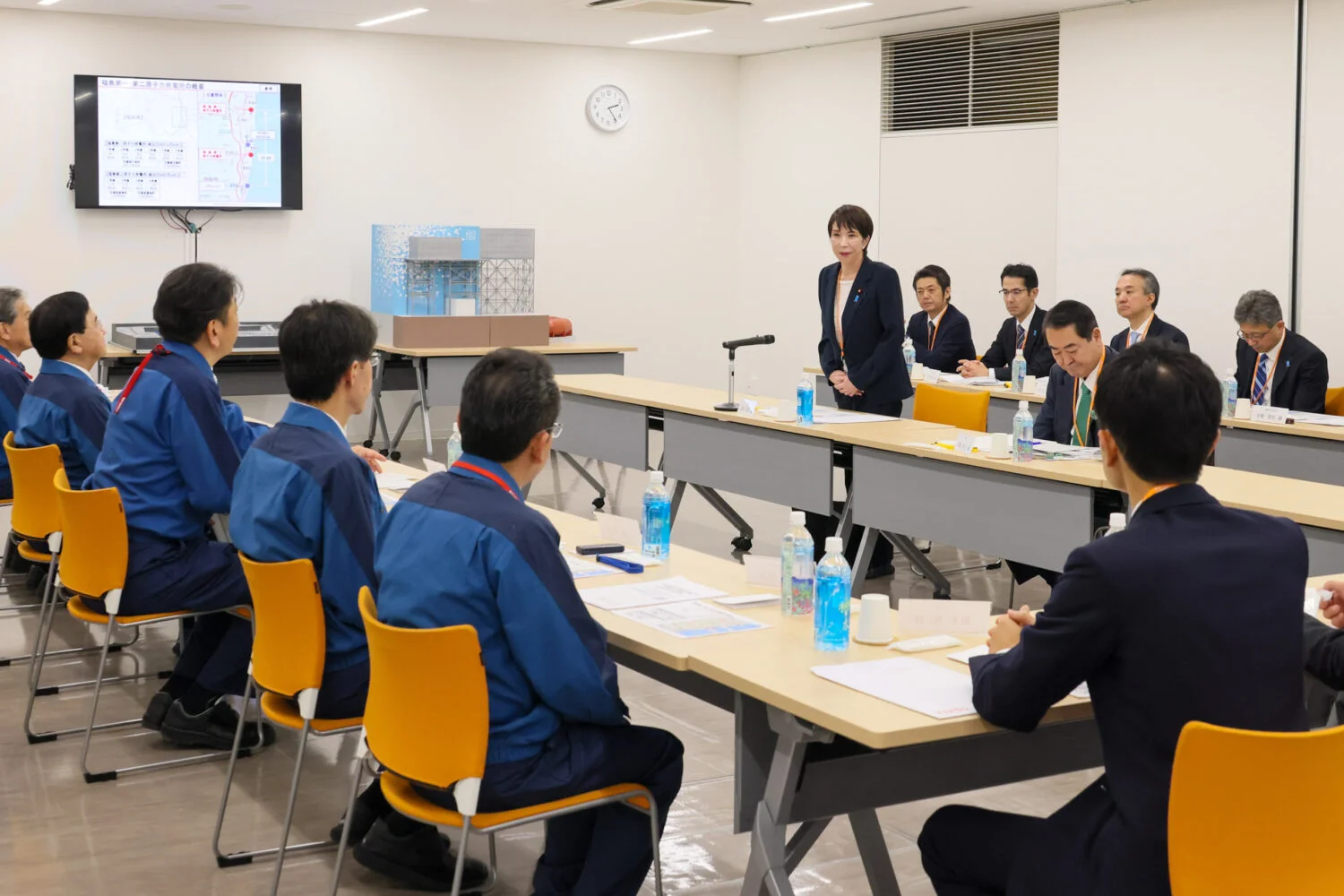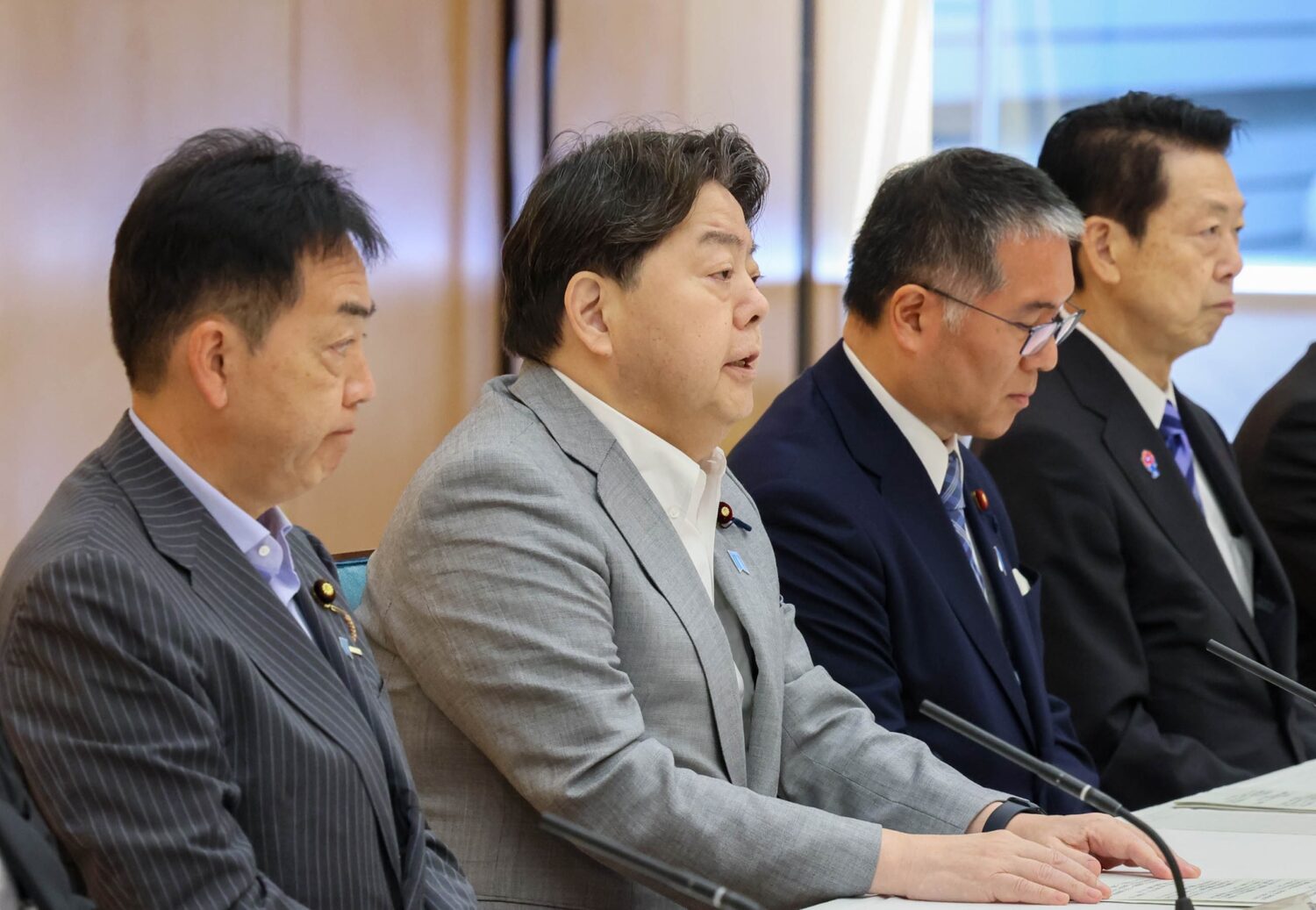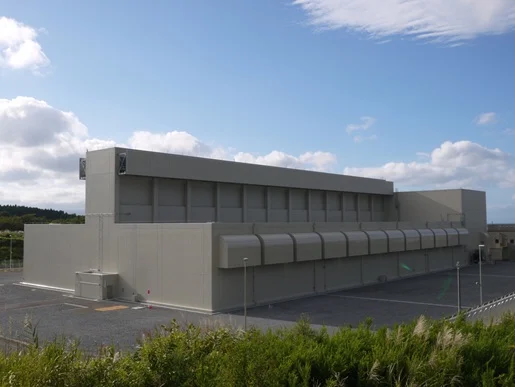Sae Ochi, MD, MPH, PhD
Director of Internal Medicine, Soma Central Hospital, Fukushima
Clinical Research Fellow, MRC-HPA Centre for Environment and Health, Imperial College London, UK
I think that many people who have some connection with Fukushima have heard each of the following statements at least once: “providing easy-to-understand information,” “always standing in other persons’ shoes,” “two-way communication,” “resolving the issues with residents in charge,” and so forth.
After the March 2011 earthquake, it has been said that Japan’s risk communication studies have progressed extensively. But why, then, is it difficult to declare that risk communication in Fukushima is proceeding smoothly?
Of course, it is not so easy to overcome differences in people’s various historical, political, cultural backgrounds, as well as differences in people’s positions. However, I feel that a more fundamental gap exists between the realities in Fukushima Prefecture and those on the outside.
Is listening still important now?
After the disaster, so-called “listening volunteers,” that is, those who listened to residents’ stories about their suffering, had an important role to play. That was because they allowed the earthquake victims to pour out their troubles, helping to soothe their minds, since their being immediately surrounded by other people like themselves made it difficult for the earthquake victims to tell other victims about their own troubles.
Naturally, Fukushima has moved past that stage by now. Currently, the local communities have gradually recovered, and people have reached the point where they can feel relaxed enough to share their experiences with one another, so there are fewer and fewer instances where residents find the need to have outsiders listen to them. Even if someone from the outside suddenly showed up and announced “I came here to listen to your candid opinions, so please let me know what you are thinking,” I don’t think that many of the local people would want to pour out their real thoughts in that way anymore.
However, looking at those people coming from outside the prefecture, it seems to me that they are still putting too much emphasis on “just listening.”
Does selflessness build trust?
“We cannot build relationships of trust unless we constantly listen to the other party’s opinions and speak from the other’s point of view.” That statement, in and of itself, is quite correct. However, it contains two problems.
The first is whether people really exist who can remain so unruffled that they are able to completely “stand in other people’s shoes.” No matter how hard one tries, one’s background cannot be erased, such as being associated with local governments, nuclear power, or universities, or being a Fukushima resident. The same thing applies to the experiences of people who, even after escaping from the Fukushima disaster, are forever labeled as “being from Fukushima.”
Will people dispatched from organizations win the trust of the local people just by saying “I will provide information and communication from a neutral standpoint”? In fact, that statement sounds rather dubious, I think, and might even cause distrust to increase.
The second problem is whether relationships of trust can truly be built so easily.
After last year’s giant earthquake in Kumamoto and Oita prefectures, one Kumamoto resident said to me, in an apologetic tone, “I am thankful for the disaster volunteers, and many people are glad to have them come clean up their houses. On the other hand, there are also quite a few people who simply do not feel like having others enter their houses. That is not a matter of trusting or not.”
Certainly, some relationships do get established after repeated conversations take place between people. But those are limited to those cases where the other side of the conversation wishes to build a relationship. Relationships of trust can be established if two or more people carry out dialogues on the ground. Trust may not turn out to be such an easy thing after all.
Is it necessary to establish relationships of trust?
To express it even stricter terms, some doubt that people in Fukushima really desire to build relationships of trust with those coming from the outside.
Of course, communication is impossible if one feels distrust; if a person is really committed to the community, it will be difficult for him or her to act if his or her humanity is not being trusted. Moreover, it can be a pleasant experience to meet trustworthy people.
But what is expected of people from the outside is not having their personality “trusted” but instead to provide reliable information. Moreover, people are not so stupid as to trust the information provided by someone simply because that person is affable or explains things with a silver tongue. On the contrary, the more someone gets excited about needing to build a relationship of trust between people, the more the people on the receiving end of that action probably will start to think that the relationship of trust had been forced upon them.
Understanding people’s positions and feelings
During communication, the importance of standing in other people’s shoes is common sense. However, I think that it is sometimes necessary to make cold-headed judgments that do not necessarily require “feeling” exactly what the other party feels. As a matter of fact, it is impossible to do that unless one shares the same experiences as the other party. What is more important, rather, is to provide information that the other party really needs from his or her perspective, and in the form that he or she desires.
The type (as well as format) of information sought by different kinds of people about the same instance of radiation may be completely different. For instance, farmers want to find out about the level of the radiation dose in their fields and crops, and how to lower it, while fishermen want to know the doses in each of the separate ecosystems they deal with, whereas consumers want to know about how they should go about assessing whether certain foods are edible or not, and children want knowledge and ideas related to their future jobs and marriage. Putting it differently, the kind of information that is “neutral to all positions” may end up being of little value to anybody.
Without being swept away by such pleasant-sounding phrases as “listening carefully,” “being selfless,” and “trusting,” or by other plausible-sounding terms, we need, I think, to reflect again whether those things are good enough in themselves.
Another phrase that one frequently hears bandied about is “two-way communication.” But different people have a completely different awareness of what “two-way” means, depending on their position. For some people, their idea of being “two-way” is closer to information exchange that is just the flip side of “top-down.” I feel that more attention needs to be given to that point.
Is that really “two-way” communication?
A nurse told me that she no longer responds to people asking her, “I want to listen to the opinions of people on the ground.” She continued to say, “After the earthquake, a lot of people came and asked us to pour out our hearts because they wanted to understand the current situation here. Still, I don’t have any idea if they really left having learned anything, nor did the situation on the ground get any better. Recently, my feeling is that if I had any spare time [to talk with them] I would rather spend it on caring for an extra patient.”
No matter how enthusiastically one goes through the actions of trying to listen, unless what one has heard becomes part of one’s “flesh and blood,” so to speak, it cannot be described as having been “attentive listening.” There are quite a few [local] people who have bitter feelings about people from the outside who just go back to their homes after listening to their opinions, without giving any feedback such as saying what they had learned or how they thought.
If one just listens to another party’s opinions, it surely does not mean that those opinions are being imposed. However, seen in the opposite way, a so-called “conversation” that ends without one having learned anything can also be said to be one-way communication. I feel that the attitude of repeating attentive listening and explanations, in a matter-of-fact way, until a relationship of trust is established has ended up causing many [local] people to shun such dialogues, as they don’t feel that the repeated conversations are advancing mutual understanding.
Mutual understanding and communication
Another point about which we need to renew our awareness is that understanding in itself is not the end goal of communication.
“Even though we understand what the people in the national government or TEPCO (Tokyo Electric Power Co.) think, it never progresses from the point where we say, ‘Well, that may be so, but we have our own way of thinking, too.” That was what someone from a certain NPO in Hamadori [in Fukushima Prefecture] told me the other day, and I think that he hit the nail right on the head. Of course, communication is useless if one does not understand the other party’s opinion and position. Still, just understanding something cannot be described as real communication.
While this is my opinion, I think that risk communication is experiencing birth pangs right now. Listening to what the other party says and giving back something new are wholly different from exchanging “established” opinions. In other words, if one side [in a conversation] forgoes the use of imagination and cognitive power, the communication between the two sides may end up at the level of simple mutual understanding. In that sense, I feel that the expression of “resolving the issues with residents in charge” may be prone to be taken as the abandonment of cognitive power on the part of the information provider.
The effort to gain knowledge, on one hand, and that to create knowledge, on the other, are two entirely different things. Risk communication will likely fail if an enthusiastic student learns only communication studies pointlessly, as academic theory alone cannot deepen one’s thinking.
Listening closely to dissatisfied people who say such things as “that guy’s acting self-importantly” or “he doesn’t feel like understanding,” I begin to see that the source of their dissatisfaction is not that they don’t understand, but that the other party doesn’t learn.
Is it really Fukushima that isn’t changing?
It has been almost six years since the earthquake. Fukushima itself has evolved surprisingly. The dichotomies that used to serve as fences—TEPCO vs. residents, mothers vs. researchers, and so forth—have been largely removed, with people now gathering together based on the criterion of “will they talk about the future or not?”.
However, when I take one step outside of Fukushima, I discover an image of “Fukushima” that has not budged a single millimeter since the earthquake happened. The problems of risk communication, perhaps, lie in that “unchanged outside” rather than in Fukushima. Moreover, it is not the responsibility of those living in Fukushima to change the way that outsiders view it.
Not having shared the earthquake experiences of those in Fukushima, I, too, am an “outsider.” As long as outsiders such as me do not make the effort to change, closing the gap with those on the ground will be impossible.
When listening to another party in a conversation, might it not be the case that one may be neglecting one’s own creative efforts? The starting point for risk communication in Fukushima, perhaps, is reflecting on that point day every day.


